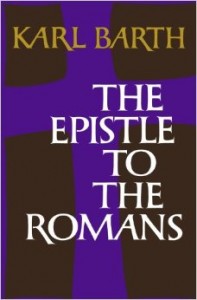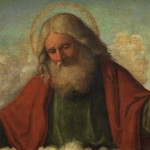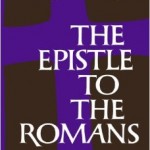Last week, the Weidenfeld fund supported a chartered flight of over 150 Syrian Christians to Poland.
“I had a debt to repay,” Weidenfeld explained to The Times. “It applies to so many young people who were on the Kindertransports. It was Quakers and other Christian denominations who brought those children to England. It was a very high-minded operation and we Jews should also be thankful and do something for the endangered Christians.”
Weidenfeld said he takes his inspiration from Sir Nicholas Winton, who rescued over 669 people from Czechoslovakia to spare them from the horrors of concentration camps on the eve of World War II.
Even though persecution at the hands of Adolf Hitler’s Germany was far-reaching and killed about 6 million Jews and 5 million non-Jews, Weidenfeld asserted that the brutality displayed by the Islamic State is “unprecedented.”
“IS is unprecedented in its primitive savagery compared with the more sophisticated Nazis,” Weidenfeld said. “When it comes to pure lust for horror and sadism, they are unprecedented. There never was such scum as these people.”

This ability to imagine the present in terms of the past and to respond charitably is unusual. We like to think that we all would be heroes in such situations, or if we had the money, but the simple human fact is that we usually do not.
The world is full of complexities and cruelties large and small. The default reaction is not charity or martyrdom. It is fear and withdrawal. This is why we need forgiveness.
Barth describes some of the helplessness and dependency created by our sinfulness in The Epistle in his usual striking manner:
If anything Christian be unrelated to the Gospel, it is a human by-product, a dangerous religious survival, a regrettable misunderstanding. For in this case content would be substituted for a void [our dependence on God], convex for concave, positive for negative, and the characteristic marks of Christianity would be possession and self-sufficiency rather than [the real ones of] deprivation and hope.
This is also how St. Maximilian Kolbe displayed the power of God in a situation where most of us would consider as a loss pure and simple. He let go into deprivation and hope in ways I cannot imagine I could emulate in much more mundane situations.
===============================
For those of you who know a little bit of German, here is my friend Fr. Deselaers who runs the Auschwitz Centre for Dialogue and Prayer. It’s a place that brings Christians and Jews together in spiritually profound ways. For example, I once attended Advent recollections there that were co-led by the Chief Rabbi of Poland. Its topic was the common hope of Christians and Jews for the advent of the Messiah.
Do take a look even if you don’t know any German. It’s a profound contemporary witness:
You might also want to see my post on the things that Holocaust remembrances frequently forget and my much circulated post on the Oscar-winning Holocaust film Ida.
I think I will be returning to blogging on a more regular basis now that I face an uncertain work situation. My loss is your gain.
Please consider helping me out during tough times through the PayPal donate button on my homepage. I know it’s not natural for you to want to make such a contribution and I understand if you can’t. With that said, a surprisingly large amount of you have helped out in the past and I am eternally grateful.
















